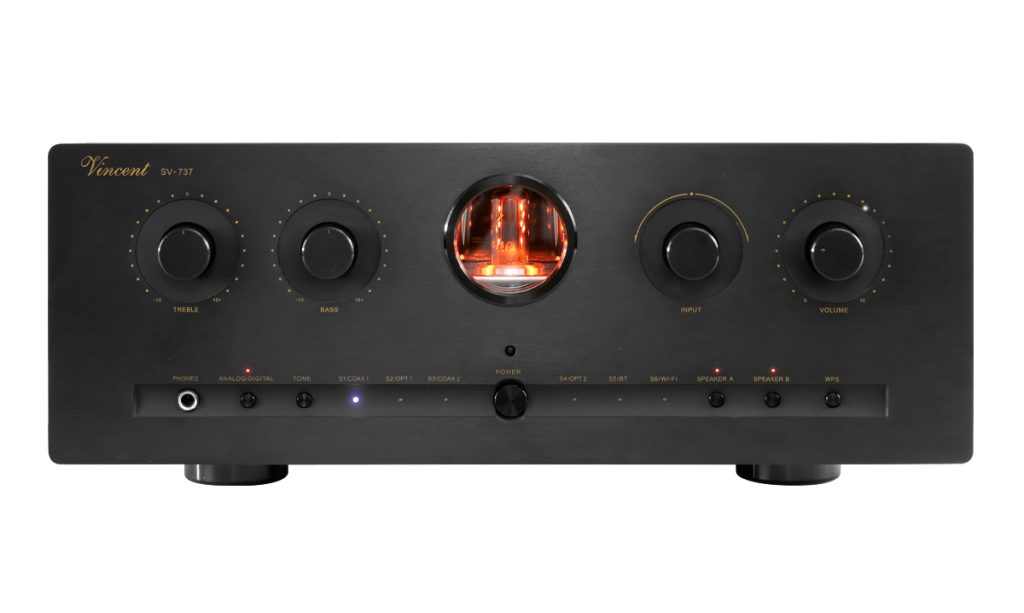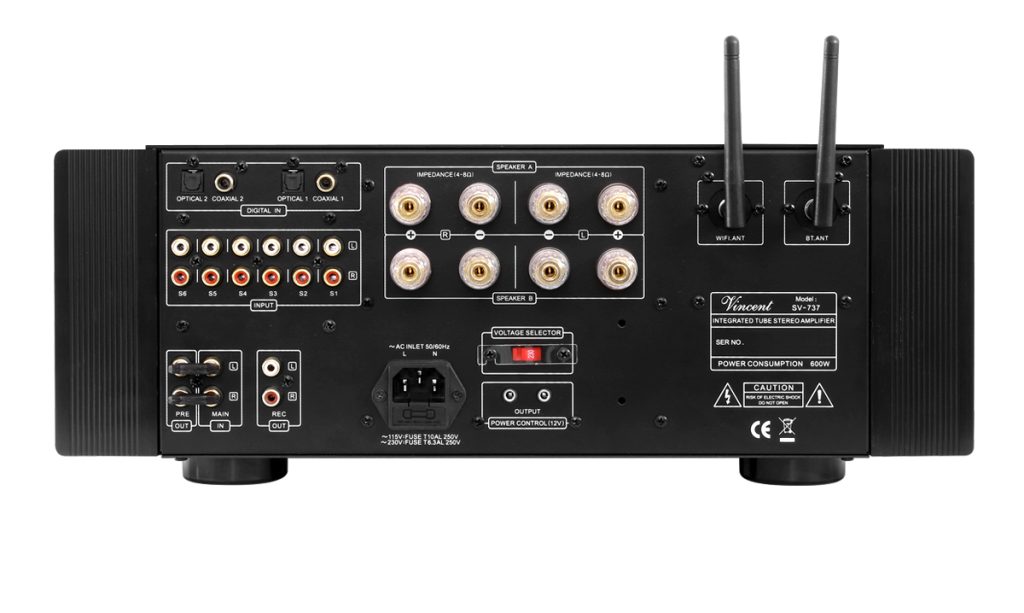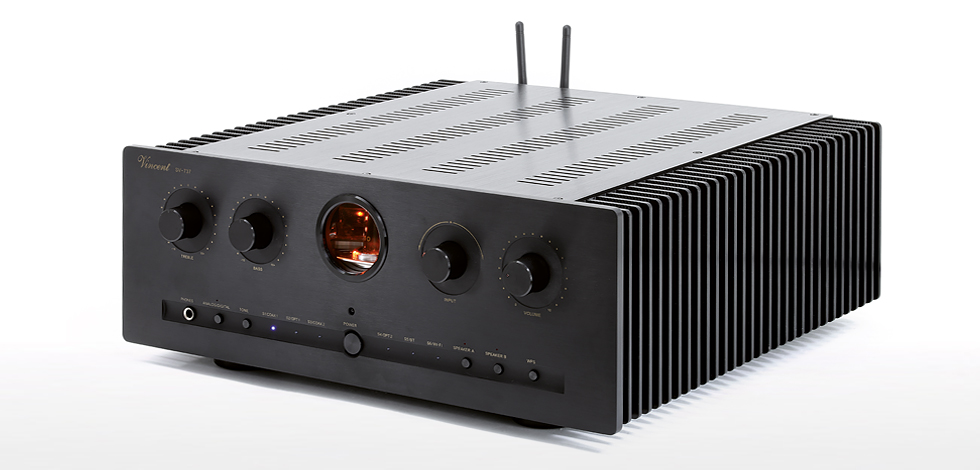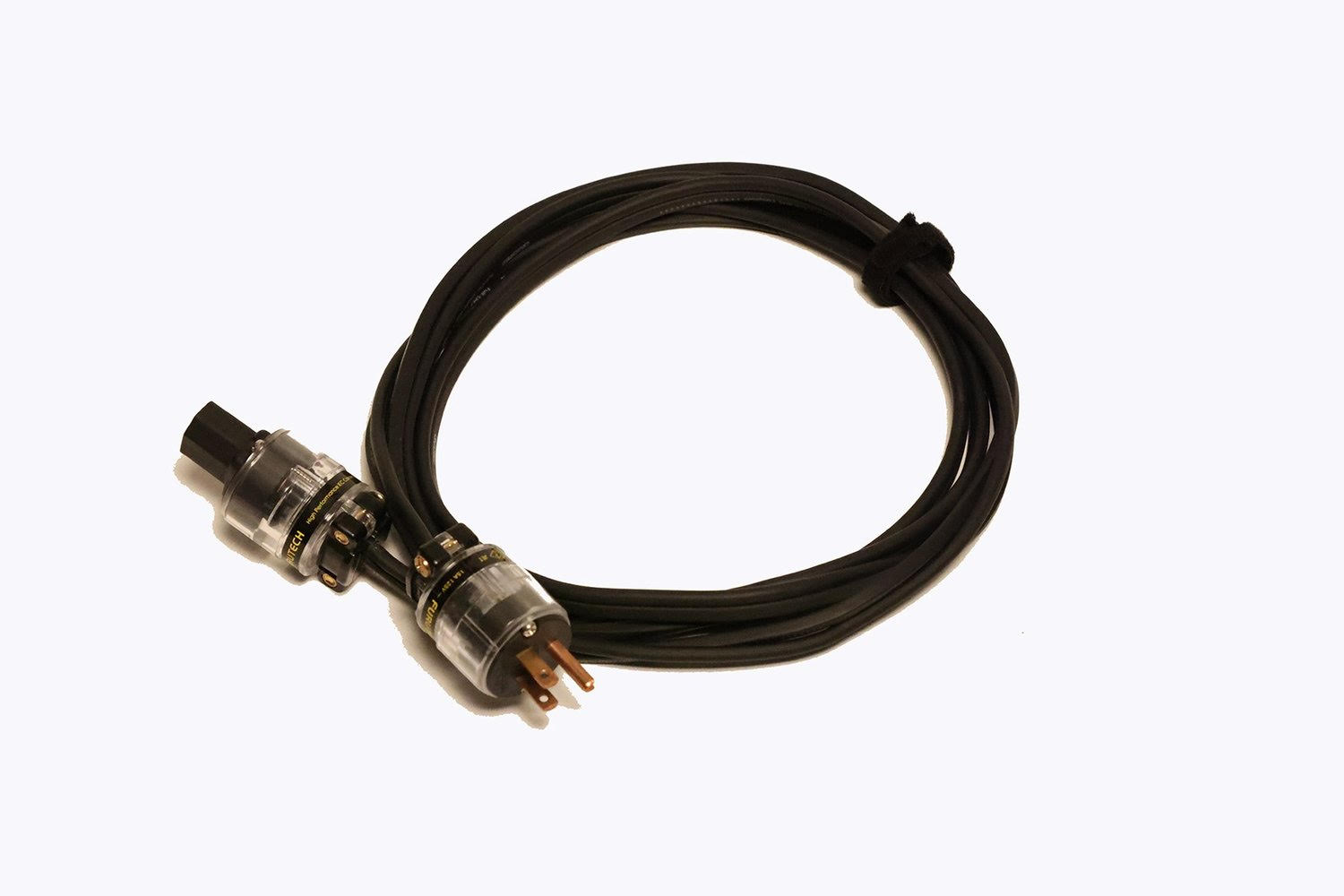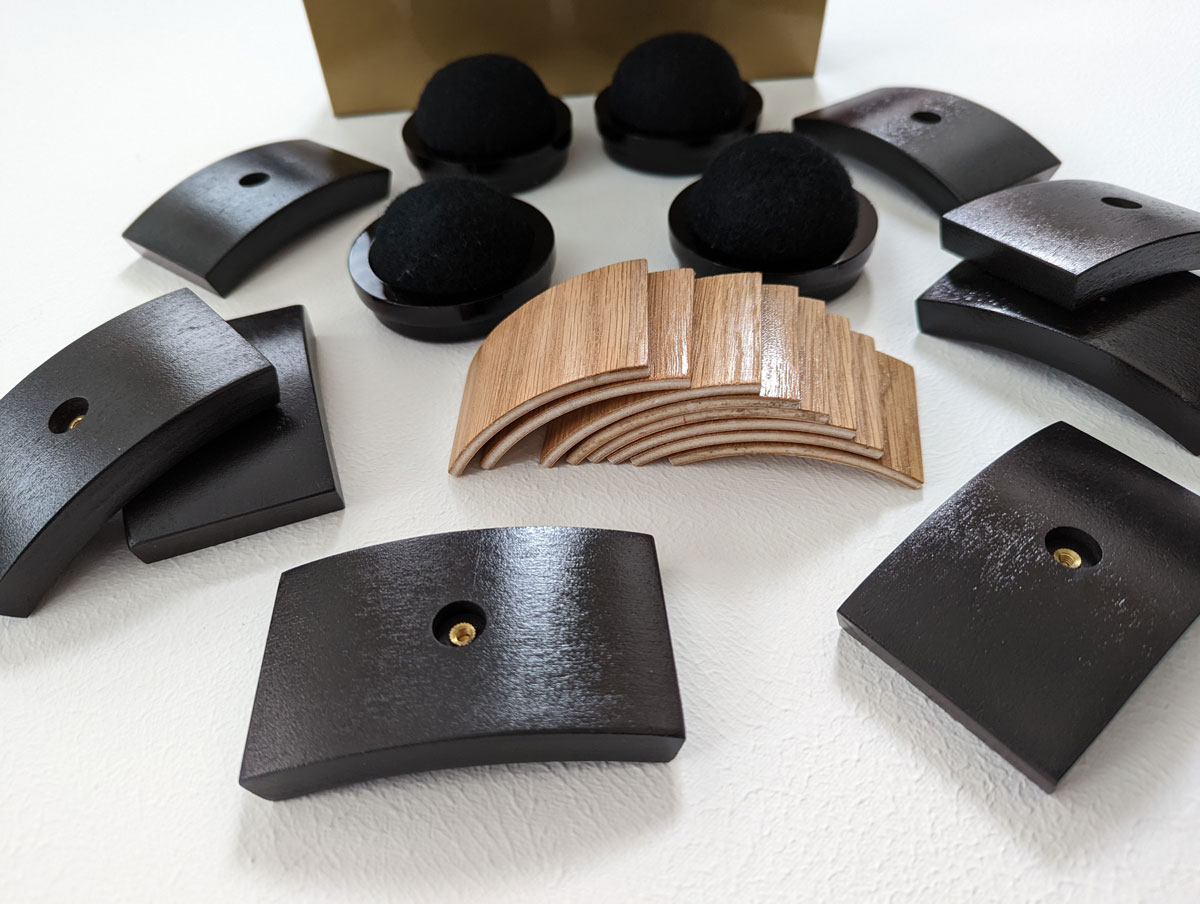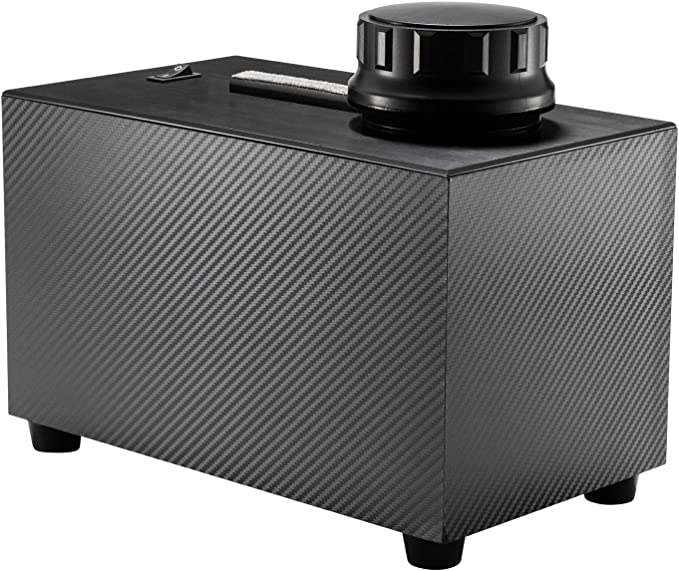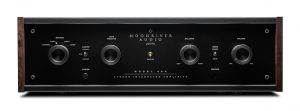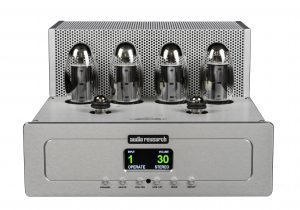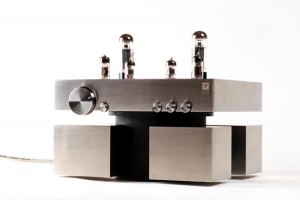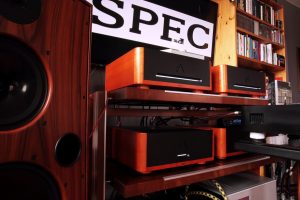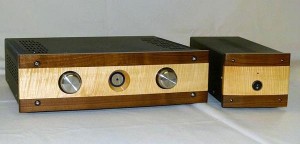As far back as I can remember, I have been wanting to listen to a Vincent Audio amp. My curiosity with tube Hybrid solid-state amps being the first reason. They say if you think about something long enough, you create what you are thinking about. The Vincent Audio SV-737 came to my door a few months ago. This black, heavy, 47-pound well-appointed integrated amplifier took pride of place in my system immediately. With a little help from my son, it fit right in my audio rack. Ah strength, beauty, age, the realm of youth. Once installed there was no need to install my outboard DAC or Bluetooth device. Those units are built into this amp. There are also six pairs of single ended inputs that are thankfully mounted a bit further apart than the ones on my Marantz amp. There are 2 optical and 2 coaxial digital inputs, 1 RCA main in, 1 RCA pre main out, Wi-Fi and Bluetooth antennas, 4 pairs of speaker outputs (output a and b), a 12 volt power control output, and an 120/240 voltage selector on the back of this amp. I was disappointed with the exclusion of a phono preamplifier, but I had a remedy, which we will see later. On the faceplate the most obvious feature is the round display window for the tubes on the preamp. To the left of that are the two good sized bass and treble knobs followed on the right side the input and volume knobs. An on/off button in the lower middle with input buttons to either side of that. On the lower left of the faceplate there is a ¼ inch headphone input. Tube complement for the preamp section is two 6N1P, two 6N2P, and one AEG 85A2. The amp section is solid-state with 180 watts in to 8 Ohms and three hundred watts into 4 Ohms. This amplifier is solidly built with very nice ergonomics and styling.
The Vincent SV-737 falls in line with most modern integrated amplifiers, like the Rotel A14 MK2 and the Rotel Michi I have had in my system this year. Fully loaded integrated amplifiers, self-contained and ready for service. On the one hand there is the convenience factor. On the other, if one weren't particular happy with the internal component and wished to upgrade it would create redundancy and extra cost. Fortunately with the fully loaded integrated amps I have listened to, their internal components have met or exceeded the performance of my outboard components.
Regarding integrated amps with a full complement of internal components. The cornerstone or core value of The Upgrade Company, where I got my Marantz PM15S1 modified, is shielding. The shielding of chips, wire, and other sensitive components inside an amplifier in order to protect critical circuit paths from contamination from EMI and RFI, which should result in cleaner sound. The modifications and shielding done to my Marantz amp resulted in a very grainless, clean and naturally sweet-sounding amp. It worked in my amp. I have been happy with its sound for many years. The three integrated amplifiers I reviewed this year had built in components both digital and analog. I am unaware if those amps had shielding in critical areas. Did they sound bad? No. Did they sound good? Yes. Would they have sounded better if the internal components would have had extensive shielding? I think so. Would they have sounded better if the internal components installed in them were outboard units? That would depend on the cost of the component and synergy in relation to the amp you are hooking it up to. The outboard components theoretically should be shielded from air born contamination to some extent compared to a component that is installed inside an amp right next to a huge transformer etc. And I have just opened up a rather large can of worms. Suffice to say, not only the performance but the convenience factor definitely plays a big part in this scenario as does upgradeability.
The Vincent Audio SV-737 was inserted in my system, which includes my Marantz Reference SA15S2 SACD player and PM15S1 integrated amplifier, Tonian Labs TLD-1 Loudspeakers, Fritz Morel speakers, Sony UBP-800M2 Blue Ray player, Transparent Audio Musicwave speaker cable, and JPS Labs Superconductor interconnects, Pangea Octet Premier XL power strips, and various Herbies Audio Labs vibration components
I ran the Vincent SV-737 for quite some time when I first got it. As usual, the amp did a lot of TV time for breaking in and to get a handle on its sound. Most listening was done through my Sony UBP-800M2 and Marantz SA15S2 modified spinner as transports hooked up to the Vincent SV-737 to one of its coaxial inputs. Later I hooked my Peachtree Dacit X for comparison to the internal Dac of the SV-737. With either of these players, I used the best possible recordings I had on CD. From JR Brown on SACD, Doobie Brothers on Special Limited Edition MoFi and DCC, a slew of MoFi Ultra disc 2 and some Classic Records CDs to name a few. I used these recordings because lately I have experienced an epiphany. Or an apostrophe, remember the movie Hook, regarding CD versus vinyl. Basically after long-term listening to my vinyl rig with a new Hana cart, going back to CD, I find CDs to sound so blunted dynamically and lacking air. The better recorded CDs, and especially SACDs, alleviate that phenomenon to a noticeable extent, but once I noticed this, it was hard to listen to regular CDs. Why haven't I heard this anomaly before? Well I have, but not to the extent that I have now. Because I have never had the Hana cartridge in my system before. This cartridge brought this difference out a lot easier than my old cartridge.
Hooking either the Sony or the Marantz CD spinners to one of the Vincents' coaxial input, I noticed bit of brightness and slight glare creeping in a little from the upper mids to the top end. Nothing earth shattering and the slight glare was not persistent. Along with the glare was a bit of brittleness that seemed to creep in from time to time. With the albums, Circles, Brotherhood, World Gone Crazy, and Liberte, the Doobie Brothers have consistently produced great music since the seventies, and into today. Spinning The Best of the Doobies on DCC and Toulouse Street on MoFi with Toulouse Street being one of my favorite albums of theirs. I heard clean musical details, solid and well-balanced dynamics. Not thin or bright. The negative anomalies mentioned above were somewhat reduced on these high-quality discs. The dynamics and bass sounded solid and well-paced. In fact the power and scale of dynamics went up a few notches compared to my regular rig. This aspect of its sound was very enjoyable.
Switching over to quite different music from a CD I bought in a shop in downtown Santa Fe, New Mexico a few years ago, I slipped in Scott August's Hidden Journey CD in the players. This music is mellow flute music with an acoustic backing, and it is a relaxing listen. The flute sounded natural, quick and clean with no loss of detail or dynamics. The five tubes in the preamp section never sounding too lush or warm. The designers kept the sound of these tubes neutral and true to timbre. The sound could have used a bit more stage width and depth. While not as mellow as through my regular rig it was easy to quickly get into this music and relax through the Vincent amp although with a bit of a sharper perspective.
I thoroughly enjoyed listening to the Lord of the Rings Soundtrack on Reprise Records. In fact as I write this it was only the day before we attended a live unamplified orchestral concert. The Vincent SV-737 again displayed powerful bass and excellent dynamics that made this music that much more enjoyable. The grip this amp had on the dynamics on this CD was solid and made for an exciting and fun listen. The temporal changes sounded realistic. The depth and width of the stage was wide and full, especially on track 7, "A Knife in the Dark." The dynamic swings between the orchestra and chorus sounded exciting. The chorus was flushed out clear and clean. The music stopped and started with natural speed and ease. I did notice some thinning and slight harshness in dynamic peaks. Mostly when tympani and kettle drums were struck. The sound took on a bit of brightness.
Spinning Jazz guitarist Mike Stern's, Who Let the Cats Out?, immediately noticeable was a slightly flatter stage, and images a slight bit less clean and distinct. There was also a slightly brighter, thinner top end to the sound of this disc compared to my regular rig. Not unlistenable by any means, just noticeable. But this is where the dynamics took over again. The bass and dynamics on this disc sounding solid, deep, and commanding. When I briefly installed my Dacit X Dac in the Vincent SV-737, the music sounded slightly warmer, slightly more dimensional, and a bit more relaxed. The Vincent's internal DAC sounding less warm, slightly brighter, and definitely more- dynamic, lively, and exciting.
Playing some of what I call ambient music, like Robert Rich's Nest, and What We Left Behind, Deep Forest, some Micky Hart, and the soundtrack to Blade Runner 2049 was interesting. What I heard on these discs was a solid, deep bass and full dynamics. The mids and top end sounded lively and clear, if a bit more lit up than my reference. I felt the timbre though was a slightly bit off on the Rich CDs. But I keep referring to the low-end solidity and the way this amp manages the flow of dynamics. This made these particular discs that much more exciting to listen to despite the slight anomalies of the top end. I have to emphasis here that the solid low end and dynamic performance of the Vincent SV-737 was never overdone. Its tonal balance is very well controlled. It just does not cheat on dynamics.
While I did not try the Wi-Fi input, I did experiment with the Bluetooth input. At first, I had preconceived notions about the sound of this input. I thought the music was going to sound spatially and dynamically challenged and thick. It was going to sound boring and flat. Well I was wrong. I hooked up my Samsung Galaxy S10+ to the BT and was pleasantly surprised. Playing bands like Seasick Steve, Stick Figure, and Slightly Stupid from Spotify, I had lots of fun going through my music collection just sitting on my couch and chillin' to the music. The sound was more dimensional than I had expected. The dynamic prowess of this amplifier shined through even on Bluetooth. This would make a great set up for a party. Plus I really liked controlling the volume through my phone.
I am not a big headphone listener, but I did try the headphone input on the Vincent SV-737. With my humble sets of headphones that include JVC HA-RX 700, and a sweet little pair of Koss KPH30i. I heard crisp transients, detailed treble, neutral, and slightly warm midrange and solid powerful bass. Did my little Koss phones reproduce the bass right? Sometimes these little wonders are all you need in headphones. The sound of this input sounded somewhat warmer than the others and made for a very nice listen. I really liked this input. Nice!
I couldn't help but compare my Marantz amp with the Vincent SV-737. Of course this was with either the Sony/Dacit X combo or my Marantz SA15S2 hooked up to my amp. I first noticed that dimensions widened with the Marantz. Depth, width, and air around instruments opened up. For having five tubes in its preamp section one would think the soundstage abilities would be superior on the Vincent SV-737 compared to the Marantz. But it was not. The flute on the Hidden Journey CD floated off into tomorrow land with the Marantz. Instruments were more present in space and fleshed out. Mike stern's CD was given equal performance in regard to space and imaging. The music sounded smooth, detailed, and very clean. It sounded well balanced from top to bottom with no glare, grain, or brightness. The Lord of the Rings disc sounded better too. There was slightly less brittleness, and grain. Vocals were smoother and came from way back in the mix on track 4 and 7. There was more weight to the orchestra. Especially the strings and cymbals. Vocals were slightly more fleshed out with more depth and naturalness. With this resolution though, flaws in the recording are more easily exposed. But yes, the magic of tubes the Vincent offers was slightly noticeably absent.
Of course my Marantz amp and CDP are ringers, and I was being really tough on the Vincent SV-737. I wager few audiophiles are going to have a fully modified amp and CD player lying around for comparison's sake. No worries though as the Vincent SV-737 more than held its own in this tough comparison.
So far these comparisons and evaluations were with both amplifiers hooked up to my Tonian Labs TLD-1 speakers. These hi-rez monsters sometimes have no mercy. So I replaced them with my set of Fritz Audio Morel's. The Fritz's are a little more forgiving in the top end and resolution departments. It worked like a charm. The darker sounding Fritz's were a match made in heaven for the Vincent SV-737. They toned down the slight brightness. These stand-mounters were not lacking for bass reproduction either. With the Fritz speakers hooked up, this combination did the trick of more easily drawing you into the music and forgetting about all those pesky little audiophile details and just enjoy the tunes.
I dusted off my Margules FZ47DB separate phono box and hooked it up to the Vincent SV-737. The Margules' sound is known for slightly sweet treble, no sizzle in the top end, a natural and somewhat rich midrange, and solid dynamics. This phono preamp reproduces piano, violins and guitars with correct timbre. Again this combo made for what I would like to call a kick butt musical experience. The Margules did what the Fritz's did for the sound. More rounded, fuller, and yet detailed presentation with a solid dynamic foundation. The verdict? Very musical to my ears.
I wanted to try a separate amplifier with the Vincent SV-737. Tucked away nicely in a corner of my house is a pair of Wyred for Sound M-Audio mono block amplifiers. I removed the amp/ pre jumpers on the Vincent amp, hooked everything up and proceeded to warm those cold little mono blocks up. I ran my Marantz SA15S2 SACD player as a transport with a coaxial cable to one of the coaxial inputs on the Vincent so as to keep it as much Vincent as possible. With the Vincent alone I heard a sharp, clear top end, neutral midrange, and solid bass. With the M-Audio amps hooked up, the top end was still clear and detailed. But overall the music sounded more holographic. The flute on the Hidden Journey CD especially track 2, "Sonoran Sojourn" sounded cleaner through these amps with no glare, grain, or brightness. The Mike Stern and Doobie Brothers CDs sharpened into focus. The amp swap made individual instruments The Lord of the Rings Soundtrack's sound more distinct and clearer. There was better spatial dimensions of the orchestra, and it held it together better on dynamic peaks. I then replaced the Vincent in preamp mode with my Marantz in preamp mode. There are no jumpers on the Marantz. The inputs switch internally. But you can only use the preamp section separately, not the amp. Bummer. I immediately heard the same spacious and clean sound, but the music sounded a tad dryer and with less of that tube magic around instruments. Those tubes in the preamp section definitely paying off for the Vincent. Got to love that second harmonic distortion. And then another apostrophe, I mean epiphany. I have read that the quality of amp/preamp jumpers can make or break the sound of an amplifier. Could the jumpers on the Vincent amp be responsible for the sonic anomalies I mentioned above? If I could keep this amp longer, this would be a great place to investigate other jumper options.
I almost forgot to mention the tone controls. Personally, I use the tone controls on both of my integrated amplifiers all the time. Hey, what recording is perfect? The tone controls of the Vincent SV-737 occasionally helped to even out some less than stellar recordings and helped to match up the components I had hooked up to it to some extent. They didn't change the intrinsic sound of the amplifier. It just made for a little more darkness or brightness when needed. It's your choice.
And here is where my most critical complaint come in with this amp. And thankfully it has nothing to do with the sound. The lettering by each knob and button are so small, there almost seems to be no reason to print them there. Adding to the difficulty of reading them, they are printed in gold against a black faceplate. OK I have a second complaint. The remote is equally frustrating to read because of the same color scheme and the print is even smaller. It is also a very small unit. The print on the back of the amp is equally frustrating since you are bending over the top of the amp to read it with reduced lighting conditions. To be fair, my Marantz equipment does not fare much better when I think about it. Like I said above, ah youth. My son didn't have as much of a problem reading what gave me fits. OK, this is a "You damn kids get off of my lawn" moment if I ever saw one! Old guys beware.
When I first listened to the Vincent SV-737 amplifier, I immediately heard the sonic differences compared to my reference. But as time went by, and with a little tweaking, I quickly became accustomed to its sound and just enjoyed the music. Sure I was still aware of its particular sonics. I put this amp in a system that was very high resolution and it managed it with aplomb. But as soon as I switched the speakers the sound took on a whole new flavor and the differences to my reference were shortened. This amplifier has a clean, detailed top end, somewhat sweet midrange (those tubes aren't there just for looks) and a lower end that captures the ebb and flow and power of dynamics with very good control better than a lot of amplifiers I have heard regardless of price. This aspect of its sound is what makes this amp truly exciting and fun to listen to. The styling is very nice, its loaded with features and it is built like the proverbial you know what. It runs a bit warm so give it space when installing. Maybe if one ordered it in silver the letters would be easier to read? Nah!
Vincent SV-737 amplifier
Retail: $3499.95
Vincent Audio
Pangea audio Distributing LLC
5500 Executive Pkwy SE
Grand Rapids, Mi USA 49512
866.984.0677




